Eritrea, a country located in the Horn of Africa, has a complex and multifaceted society shaped by its history, geography, and cultural diversity. The nation gained independence from Ethiopia in 1993 after a long and arduous struggle, but its journey since then has been marked by challenges and isolation.
Eritrean society is predominantly Tigrinya and Tigre, with nine recognized ethnic groups, each with its unique language and traditions. The official languages are Tigrinya, Arabic, and English, though other languages like Tigre, Kunama, and Saho are also spoken.
The political situation in Eritrea is often described as authoritarian, with limited political freedoms and a government that maintains strict control over public life. The country has mandatory national service, which can last for an indefinite period, and there are restrictions on freedom of speech and press.
Despite these challenges, Eritrea has made progress in some areas, particularly in healthcare and education. The country has achieved significant reductions in maternal and child mortality rates and has made strides in increasing school enrollment.
Culture and Possible Experiences
Eritrea’s cultural heritage is a blend of African, Arab, and Italian influences, reflecting its history as a crossroads of civilizations. Here’s what you can experience:
- Asmara: The capital city, Asmara, is a UNESCO World Heritage Site known for its stunning Italian modernist architecture. Explore the Art Deco buildings, charming cafes, and bustling markets.en.wikipedia.org Asmara, Eritrea
- Massawa: This historic port city on the Red Sea coast offers a glimpse into Eritrea’s past as a trading hub. Wander through the colorful streets, visit the Ottoman-era buildings, and relax on the beaches.en.wikipedia.org Massawa, Eritrea
- Dahlak Archipelago: This group of islands in the Red Sea boasts pristine beaches, vibrant coral reefs, and abundant marine life. Dive or snorkel to explore the underwater world, or simply relax on the sandy shores.shabait.com Dahlak Archipelago, Eritrea
- Traditional Festivals: Experience the vibrant cultural celebrations of Eritrea, like the Festival of Eritrea, which showcases traditional music, dance, and cuisine.
- Cuisine: Sample the flavorful Eritrean cuisine, a mix of African and Middle Eastern influences. Try dishes like injera (a spongy sourdough flatbread), zigni (spicy stew), and tsebhi (meat stew).
Valid and Clickable Links for Further Information:
- Eritrea Ministry of Information: https://www.shabait.com/
- Culture of Eritrea: https://en.wikipedia.org/wiki/Culture_of_Eritrea
- Asmara – UNESCO World Heritage Centre: https://whc.unesco.org/en/list/1550/
Important Considerations:
- Travel Restrictions: Eritrea has strict travel restrictions, and visas are required for most nationalities. It’s essential to check the latest travel advisories and obtain the necessary permits before planning your trip.
- Limited Tourism Infrastructure: Eritrea’s tourism infrastructure is relatively undeveloped, so be prepared for basic accommodations and limited amenities.
- Cultural Sensitivity: Respect local customs and traditions, particularly regarding dress and behavior in religious settings.
- Currency: The official currency is the Eritrean Nakfa (ERN).
- Language: While English is spoken in some areas, learning a few basic phrases in Tigrinya or Arabic can be helpful.
Eritrea is a country with a unique and often challenging history, but it also offers a fascinating cultural experience for those willing to venture off the beaten path.
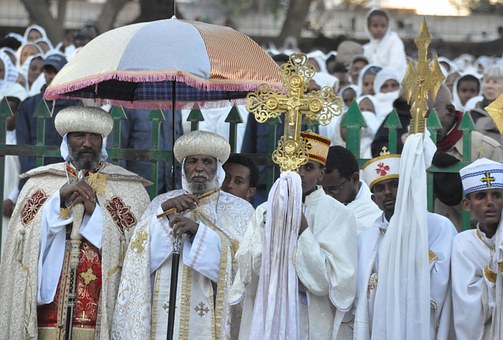
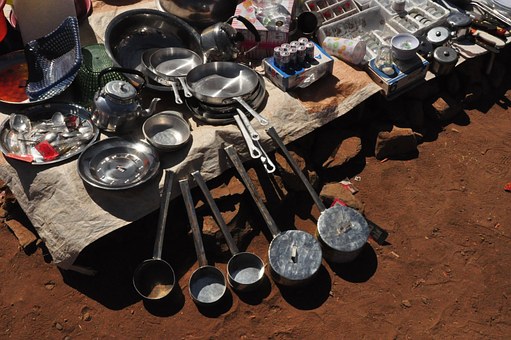
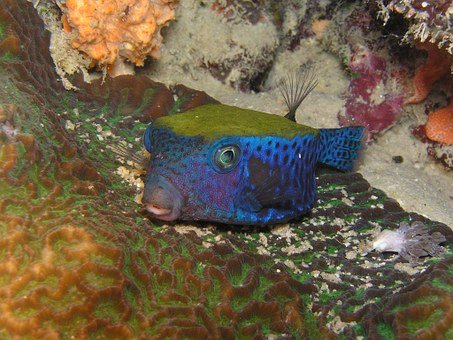
If you book more than one travel service for your trip or holiday using the links on this site, for example both hotel accommodation and flights, you will NOT benefit from rights applying to packages under Directive (EU) 2015/2302. Uramble.com and Google will not be responsible for the proper performance of any travel services. In case of problems, please contact the relevant service provider. Check with your insurance -or credit card provider.
HERE YOU FIND THE OPPORTUNITIES FOR 3 TYPES OF ACTIVE HOLIDAYS!
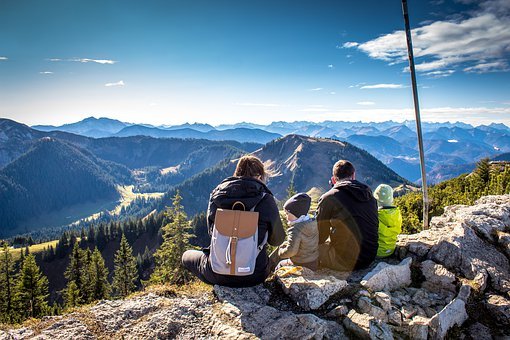
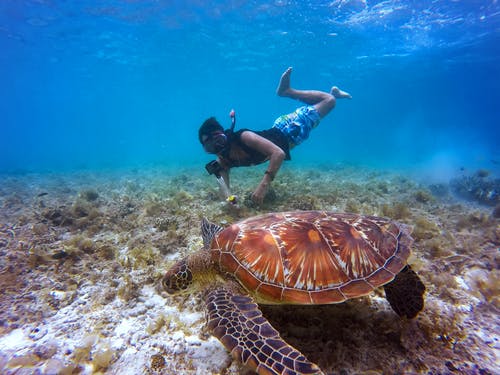
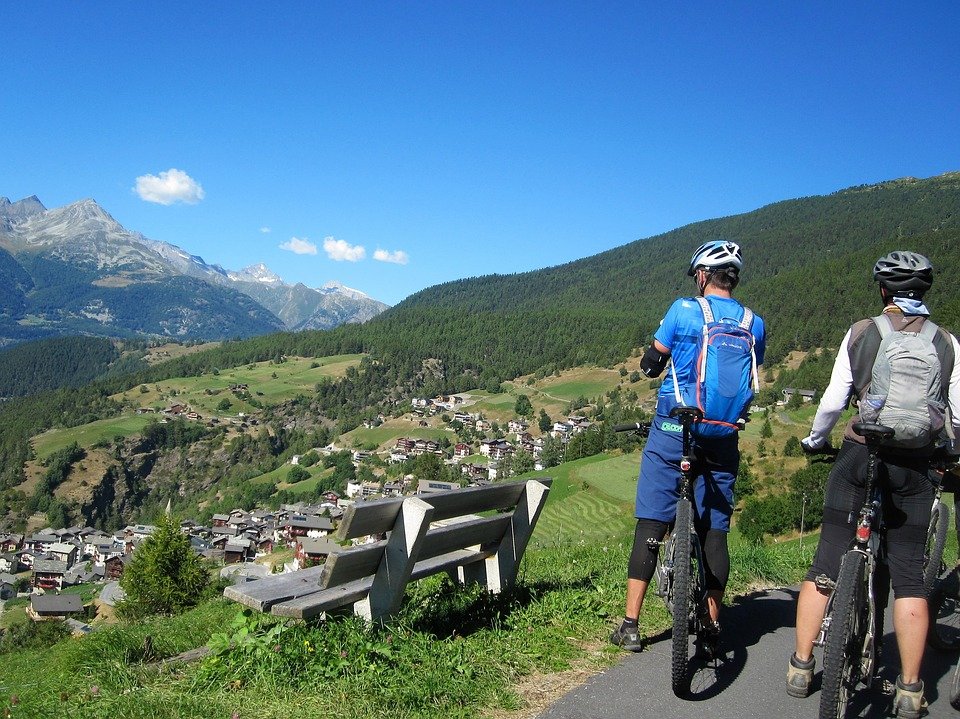

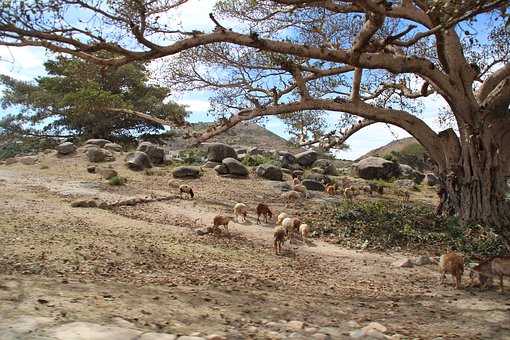
Tell us about an experience or share some information